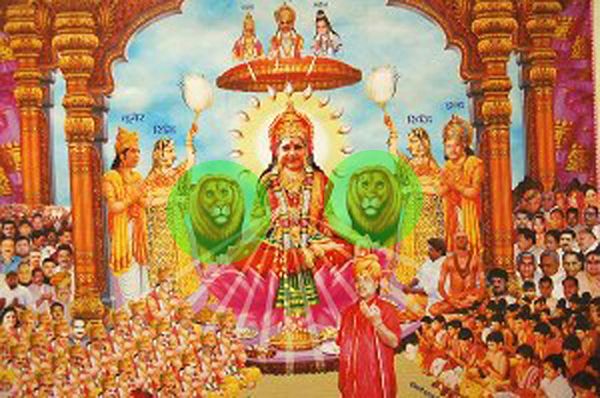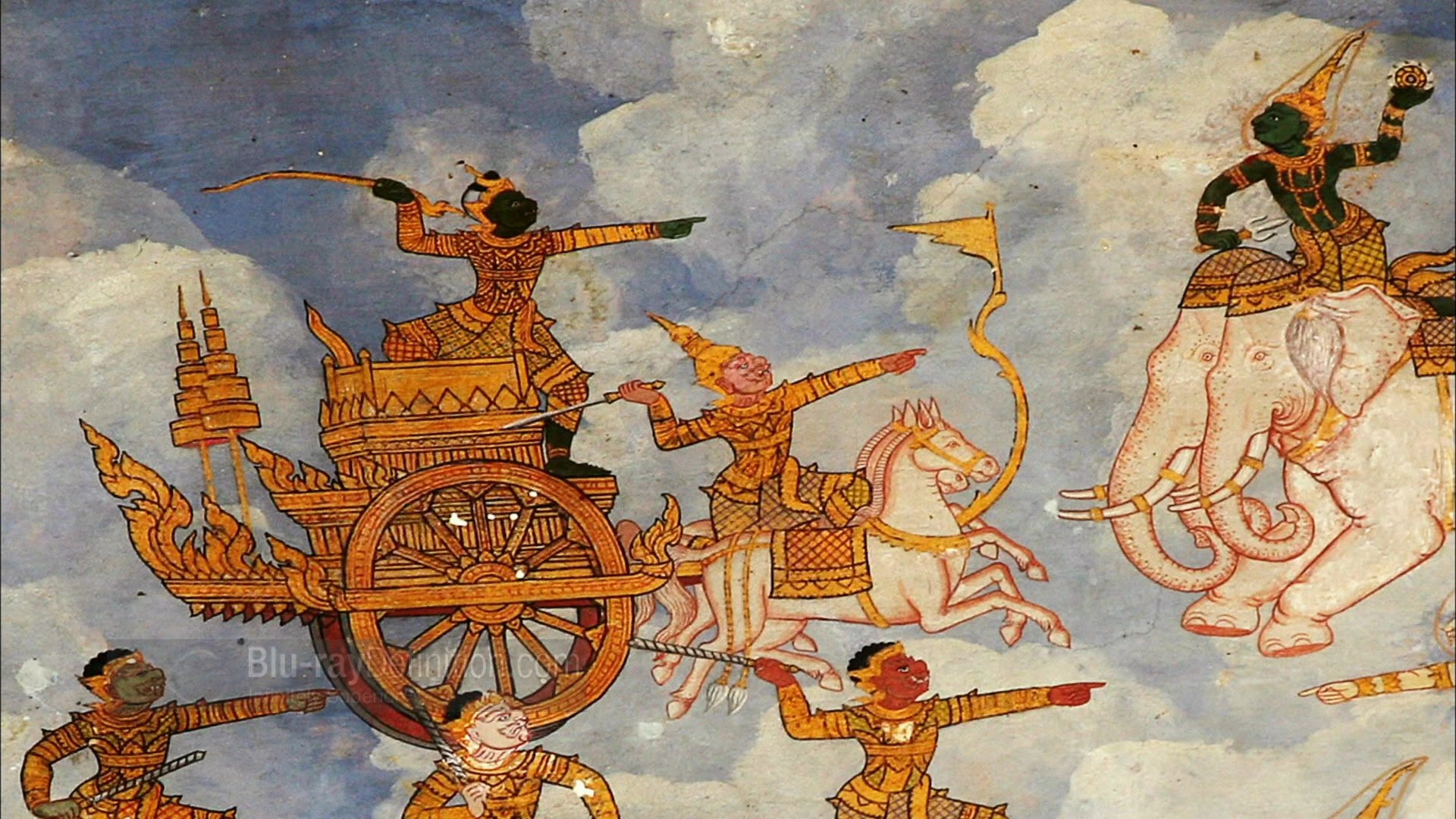

At last year's Indian Science Congress, science minister Harsh Vardhan, a medical doctor and RSS member, said, incorrectly, that physicist Stephen Hawking had stated that the Vedas include theories superior to Albert Einstein's equation E=mc 2. Modi, who was an RSS pracharak, or propagandist, for 12 years, claimed in 2014 that the transplantation of the elephant head of the god Ganesha to a human-a tale told in ancient epics-was a great achievement of Indian surgery millennia ago, and has made claims about stem cells similar to Rao's. "If journalists don't report it, actually that would be perfect," he says.īut others say there is little doubt that pseudoscience is on the rise-even at the highest levels of government. "Great things have happened in this part of the world." Mande insists that VIBHA is not antiscientific, however: "We want to tell people you have to be rational in your life and not believe in irrational myths." He does not see a rise of pseudoscience in the past 4 years-"We have always had that"-and says part of the problem is that the press is now paying more attention to the occasional bizarre claim. "We are a race which is not inferior to any other race in the world," he says. Saraswat-who says he firmly believes in the power of gemstones to influence wellbeing and destiny-is proud of the achievements of ancient Hindu science: "We should rediscover Indian systems which existed thousands of years back," he says. The former chairs of India's Space Commission and its Atomic Energy Commission are VIBHA "patrons." Structural biologist Shekhar Mande, director-general of CSIR, is VIBHA's vice president. VIBHA's advisory board includes Vijay Kumar Saraswat, former head of Indian defense research and now chancellor of Jawaharlal Nehru University here. VIBHA receives generous government funding and is active in 23 of India's 29 states, organizing huge science fairs and other events it has 20,000 so-called "team members" to spread its ideas and 100,000 volunteers-including many in the highest echelons of Indian science. VIBHA aims to educate the masses about science and technology and harness research to stimulate India's development, but it also promotes "Swadeshi" (indigenous) science and tries to connect modern science to traditional knowledge and Hindu spirituality. Some blame the rapid rise at least in part on Vijnana Bharati (VIBHA), the science wing of Rashtriya Swayamsewak Sangh (RSS), a massive conservative movement that aims to turn India into a Hindu nation and is the ideological parent of Modi's Bharatiya Janata Party. "A religio-mythical culture is being propagated in the country's scientific institutions aggressively." "Modi has initiated what may be called ‘Project Assault on Scientific Rationality,'" says Gauhar Raza, former chief scientist at the Council of Scientific and Industrial Research (CSIR) here, a conglomerate of almost 40 national labs. They're not just an embarrassment, some researchers say, but a threat to science and education that stifles critical thinking and could hamper India's development. Such claims and other forms of pseudoscience rooted in Hindu nationalism have been on the rise since Prime Minister Narendra Modi came to power in 2014. In recent years, "experts" have said ancient Indians had spacecraft, the internet, and nuclear weapons-long before Western science came on the scene. But Rao is hardly the only Indian scientist to make such claims. "Stem cell research was done in this country thousands of years ago," Rao said. Nageshwar Rao, vice-chancellor of Andhra University in Visakhapatnam. Just as surprising as the claim was the distinguished pedigree of the scientist who made it: chemist G. Instead, the talk celebrated a story in the Hindu epic Mahabharata about a woman who gave birth to 100 children, citing it as evidence that India's ancient Hindu civilization had developed advanced reproductive technologies.


New Delhi-The most widely discussed talk at the Indian Science Congress, a government-funded annual jamboree held in Jalandhar in January, wasn't about space exploration or information technology, areas in which India has made rapid progress.


 0 kommentar(er)
0 kommentar(er)
